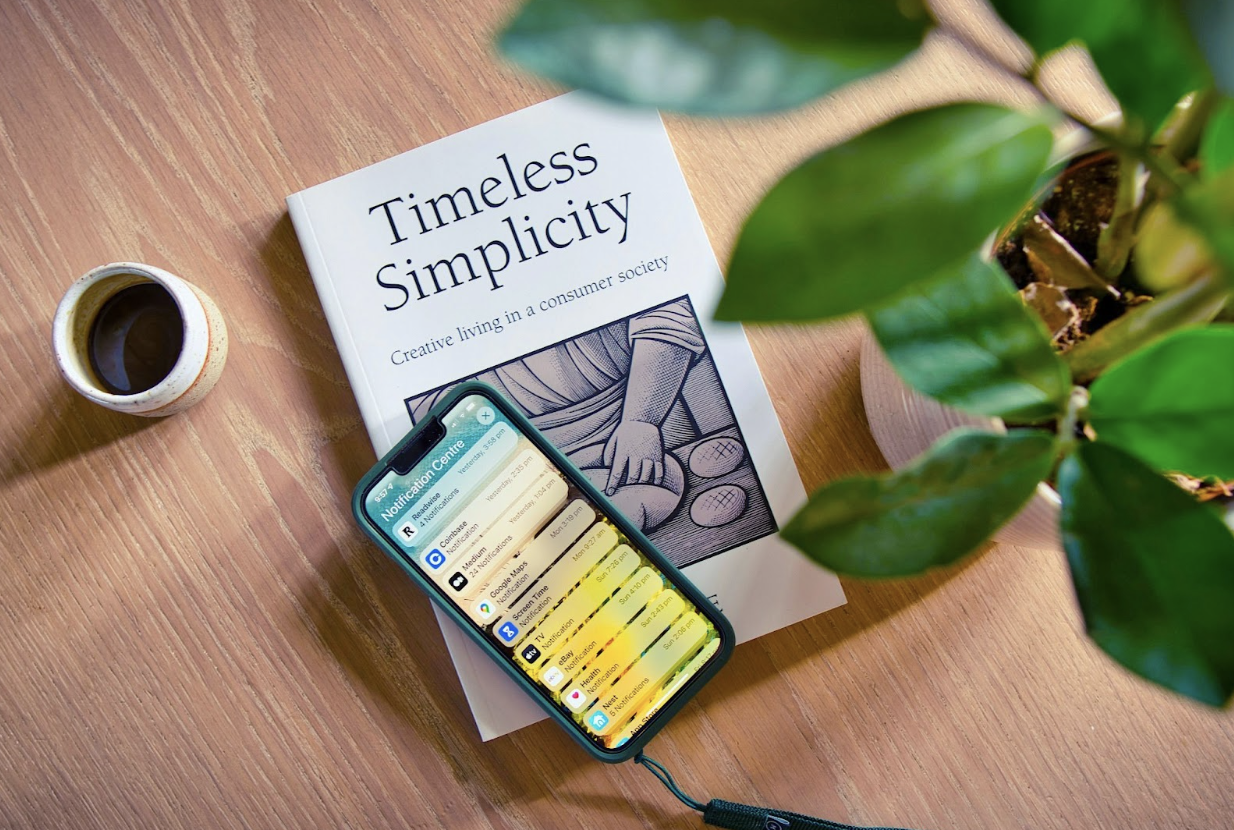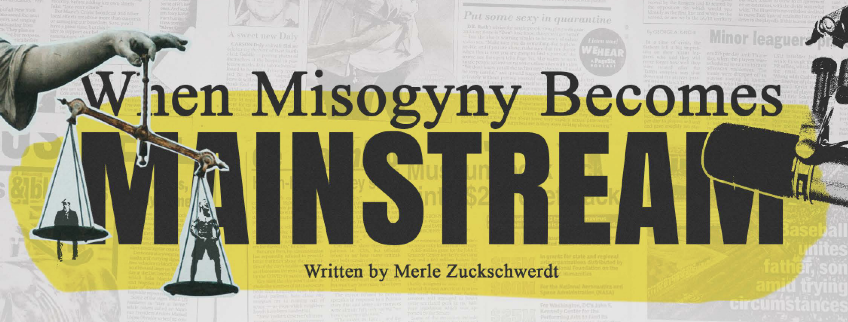It’s Tuesday morning. I’m in class. The professor enters and starts talking, and I swear it is interesting, or at least it would be, if not for the colourful full-screen game a guy a few rows down is playing. Meanwhile, the girl in front of me is planning a trip to Vietnam. I would love to go there too, so of course I’m fully supportive of her plans to escape the exam stress. A Domino’s ad pops up on the side of her screen. Suddenly, I want pizza. Should I make one tonight? As I contemplate my food choices further, the girl’s screen flickers back to her lecture notes, and I’m reminded where I am. In a lecture hall… I’m supposed to be listening.
This isn’t a rare moment of distraction. This is my modus operandi by now.
There was a time when I could sit through a mediocre movie without feeling a constant itch to grab my phone, even if I were only half-heartedly playing a game I didn’t even like. Once satisfied with a single input, now my brain demands more. Stimulation at all times. Audio, visual, and physical. Attention would be a nice thing to regain as the final exams are creeping in. For studying and staying concentrated during the hour-long exams. Now let’s get back on track, what is attention?
According to the American Psychological Association, attention is “a state in which cognitive resources are focused on certain aspects of the environment rather than on others and the central nervous system is in a state of readiness to respond to stimuli.” Translation: paying attention means not being invested in your peers’ screens during lectures. Thus, a short attention span equals being easily distracted.
Contrary to the popular “adults only have an 8-second attention span” myth, we can actually focus for longer. We are just training ourselves not to. Adults check their phone on average 80 times per day. Half of them admit they can’t control that habit despite wishing to. Alas, dopamine is just too powerful for us. Social media use amplifies our impulsivity, reduces our attention span, and even evokes ADHD-like brain patterns. Short-form content hooks us fast, only to be replaced by the next one just as quickly. It can establish a cognitive overload, thus the brain tires faster, and your attention dwindles quicker. Videos longer than 34 seconds are considered “stressful”. Constant notifications create FOMO, streaks pressure, and an immersive environment addiction. This, clearly, isn’t doing our mental health any favours, which is already suffering during exam season.
Perhaps, the main problem isn’t that we get distracted but that we have come to think of distraction as the default. I wanted to fix this. I wanted to be able to enjoy a good movie or book and not waste my time in lectures, not listening. So I asked myself how I could tackle this huge obstacle to get my brain back on track? I read countless papers on the subject, watched a few too many pretentious self-improvement videos on YouTube, and absolved my own trials with a lot of errors. Eventually, I found success.
While a digital detox might help if you stay committed, completely abstaining from social media and time otherwise spent on your phone is drastic and can feel isolating. Fortunately, there are other methods to resurrect your attention span. You’ve probably already heard the classics: turn on focus mode, set app limits, meditate, go outside. All useful in theory, yet often easy to bypass or too time-consuming to stick with. A more sustainable way? Cultivate internal restraint and enjoy the process as well. Only a small number of people would feel a spark of joy when Instagram freezes mid-reel, reminding them that their time is up. More often, it triggers frustration and an urge to ignore this and find a way around the limit, if only as an act of rebellion. Here is what actually worked for me to reclaim my attention after last exam season, when what was intended to be a treat turned into a habit way too quickly:
- The Longer, The Better: I deliberately tried to watch long-form content, whether it was movies, TV shows or even YouTube videos, or listen to podcasts and audiobooks.
- Hide Your Phone: Simple but effective! Place your phone out of reach or just turn it upside down, just don’t face the screen with potential notifications popping up and tempting you.
- Learn Something New: I started with Swedish and chess. This replaced my doom scrolling with fun activities I genuinely wanted to learn, which hopefully enriches my skill set as well.
- Declare “No Phone Zones”: My bathroom is now supposed to be tech-free, so no more endless scrolling on the toilet, and my brain thanks me for it.
- Sticky Notes: My favourite trick. When I’m studying and a distracting thought pops up (“Should I cut my hair again?” “How do ships stay afloat, even when they are heavy and seemingly ‘standing’?”), I will dump it in a notepad. Then I can go back to focus on the task at hand, knowing I can return to these thoughts later intentionally. It is surprisingly effective at keeping distracting thoughts at bay.
So, no, I didn’t find a magical overnight cure, but I did discover a way to improve my attention span gradually. It isn’t dead, it just needed a bit of maintenance and a bit of dusting off, and, you can do this too!
Fun Fact: Chewing gum could potentially boost your attention, help you make fewer work mistakes and improve your overall productivity.




